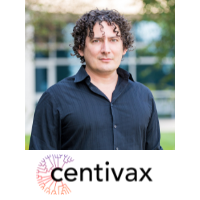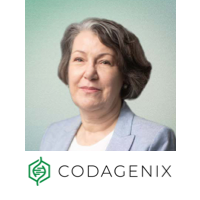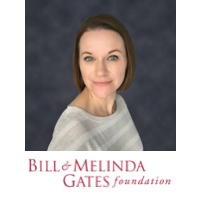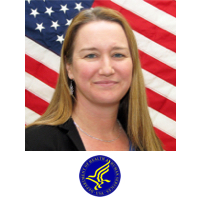Jacob Glanville | Chief Executive Officer
Centivax

Jacob Glanville is an serial entrepreneur, and computational immuno-engineer. He built and sold his first company Distributed Bio from founding in March of 2012 to a 104M dollar sale to Charles River Laboratories in December of 2020. During that period, he developed the core business model, the research teams, and the technologies that enabled Distributed Bio to become profitable without investment. As part of the acquisition agreement, he founded Centivax Inc and spun-out his assets in COVID-19 therapeutics, broad-spectrum vaccines, antivenom antibodies, anti-wound pathogen antibodies, anti-CXCR5 autoimmunity therapeutics, and blood-brain barrier translation technologies into Centivax, where he is now CEO. He has developed multiple seminal methods in the fields of high-throughput antibody repertoire sequencing (PNAS 2009), repertoire decoding algorithms (Nature 2017), single-cell TCR receptor & phenotype sequencing (Nature Biotech, 2014), deconstructing genetic variation in the adaptive immune system (Nature Communications 2015, Nature Reports 2016, PNAS 2011, TI 2017), and computationally guided antibody library engineering (JMB 2011, JMB 2013, COSB 2015). He is the inventor of the Centivax Universal Vaccine technology, the SuperHuman discovery library technology, and the Tumbler technology. He is a Stanford University Scientific Advisory Committee member for the Sean Parker Center for Allergy and Asthma Research, a Scientific Advisory Board member for the University of San Francisco's Biotechnology program, a repeat Gates Foundation/Stanford University Computational and Systems Immunology Grant Recipient while a PhD Candidate with Mark Davis at Stanford, a Recipient of Pfizer Achievement award 2010 while Principal Scientist at Pfizer, and has been a course-founding instructor and guest lecturer for multiple graduate-level applied computational and systems immunology courses at Stanford and USF. Growing up watching his parents grow a successful hotel and restaurant business (La Posada de Santiago) in Guatemala in a Tzutujil village during a civil war, he was happy to find running a biotechnology startup to be similar in many respects, with many of the lessons learned in team management, product refinement, client recruitment and haggling to be surprisingly translatable. From 2012-2019, he nurtured the vision of universal vaccines through the creation of a profitable business to support the work, the building of an animal facility in Guatemala to prove the technology, a collaboration with the University of San Carlos, supported an international research team over 4 years to prove the technology in-vivo, and managed to gather a team of remarkable scientists from USF, Pfizer, Genentech and other places who agreed to join and participate in manifesting the vision.
Appearances:
WVIC/WAC Day 2 - Nov 30 @ 11:40
Panel: Research & development goals for influenza vaccines
- What is the status of the influenza vaccine R&D landscape?
- What areas of R&D are we focusing on to improve influenza vaccines?
- Strategic goals for seasonal vs universal flu vaccines
- Recent milestones achieved and gaps to address
- What tools do we need to inform policy, and preparedness planning?
- Pivoting to new manufacturing platforms to ensure faster response – what are the challenges






